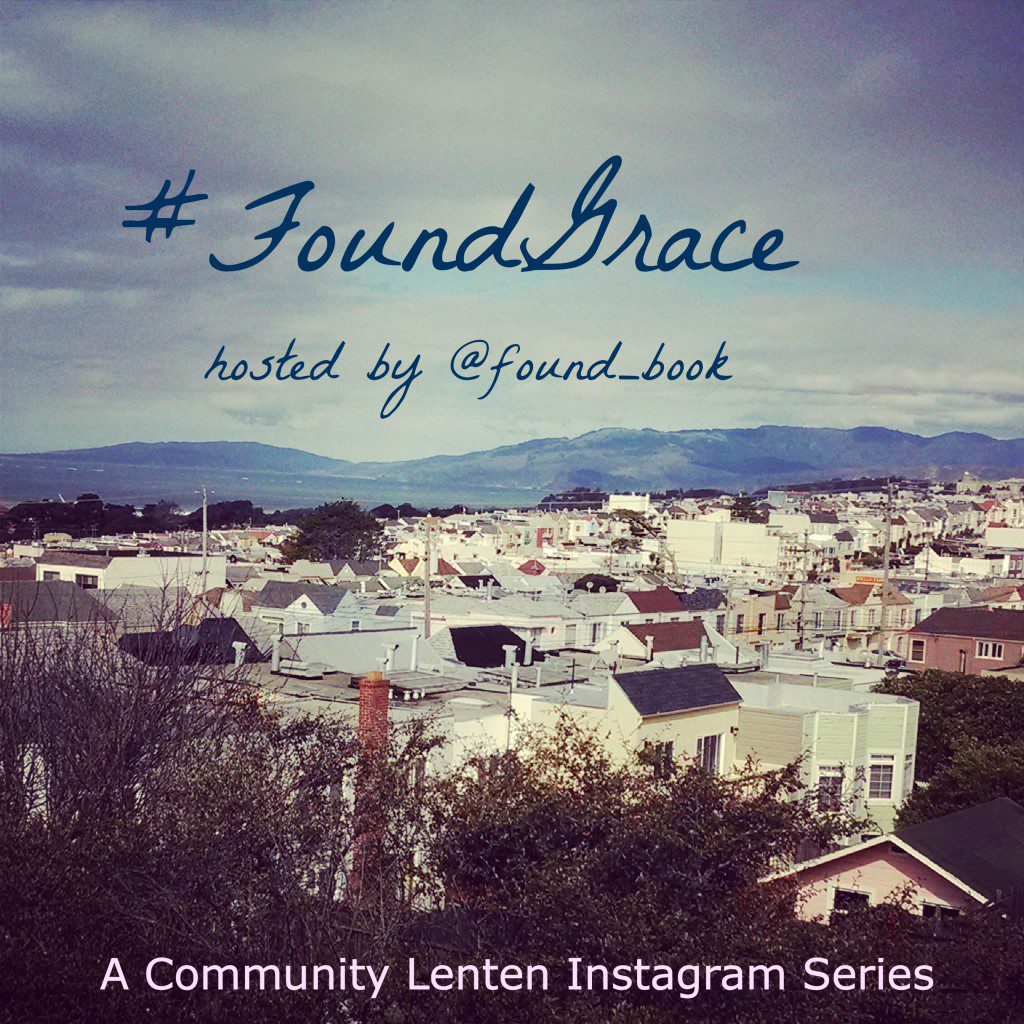“Any who are sent on an errand which will allow them to return to the monastery on the same day must not eat outside, in spite of pressing invitations whatever their source, unless the superior has approved this..” (The Rule of St. Benedict, Chapter 51)
Oh, the errands! There are the errands and the falling asleep babies and the boy who wants to walk beside the cart even though you think of a million reasons to convince him that the cart is so much cooler. Oh, to contain him! Especially in Target, where he knows the location of every possible Cars 2 toy and has touched every button on them four times in the past five minutes. How many times can you say, “Wow, you love that? Well, maybe you can save your quarters for it.”
Errands: What can you manage to accomplish? How many stops in the process before the children combust? No more than two, I’ve found. More than two and someone is screaming; one of the three of us is screaming.
And then there are the errands alone. Of course, these are the rare beauties. The Sunday afternoon when all are asleep, even your husband, and you sneak off to look for a gift for a friend and you walk slow and finger the fabric of scarves and sigh at the shoes and whisper at all the shiny.
We are busy people. We have tasks to accomplish. So much of life feels like one errand after another, especially as so much of life takes place inside the happy glowing screens we stare at all day. We’re buying clothes, working, managing the home, wasting time, all on the same device. And busyness, the act of “errand” running, often feels like all we’re good for.
But home is not found in the errands, the tasks, the checks on a list. Our lives are not found in our accomplishments. Each shop and store is a pause and then we return to what is real. What a funny rule Benedict mentions for his monks. He commands them to only eat with one another, as if eating is so holy that to break bread outside of the monastery is to cheat on the family in some way. Is it possible that Benedictine monks make vows to community and stability, even in how they eat their food?
We all know meals matter. We know that studies show that kids who eat dinner regularly with their families are happier, more successful in school, more well-rounded. We know that every culture celebrates around food. It’s not a birthday without a birthday cake. It’s not Thanksgiving without a turkey.
When I was growing up, my mom had a rule that stunned (and frustrated, sometimes) every other family we knew. She fed us breakfast as a family. At 7 am, no matter when we woke up, we were expected to have clothes on (though, sometimes my brothers weren’t yet wearing shirts) and be sitting in our seats for breakfast. My mom was (and still is) a teacher. She had to be out the door at 7:30, but she always set something out on the table for us, whether that was boxes of cereal and bowls or canned biscuits out of the oven. But what mattered was the community of the morning. We were together. We talked. We knew what each of us was dreading that day. (Though I was probably crying about that day’s math quiz and, therefore, couldn’t pay attention to anyone else’s daily dreads.)
What I’m trying to say is this: You eat with your family. And when you eat with them, you know them. Community is always sealed with food. Culture is always best expressed in what is shared. And food never comes out of the ground in individual packaging. Heads of lettuce were made to be chopped into sharable salads. The meat of an animal always feeds more than one. Pies are made to be sliced into pieces and distributed.
So, yes, there are errands. We are a busy people. St. Benedict would not know what to do with the mess we’ve made of living in this culture (taking a life that should be whole and chopping it into a spreadsheet of action points and check lists). But we are counter-cultural people when we stop to eat with our community. When we appreciate the beauty of food, when we slice it and smell it and taste it, when we call the family to the table and tell stories about our day and how we feel and what matters, when we share food and look in each other’s eyes, then we are living community.
Yes, we leave the monastery and run the errands but we always come home for dinner. And when we come home for dinner, we practice the discipline of simplicity: eating, caring for one another, listening, sharing what we own and what we’ve been given.
Eating is very monkish.











